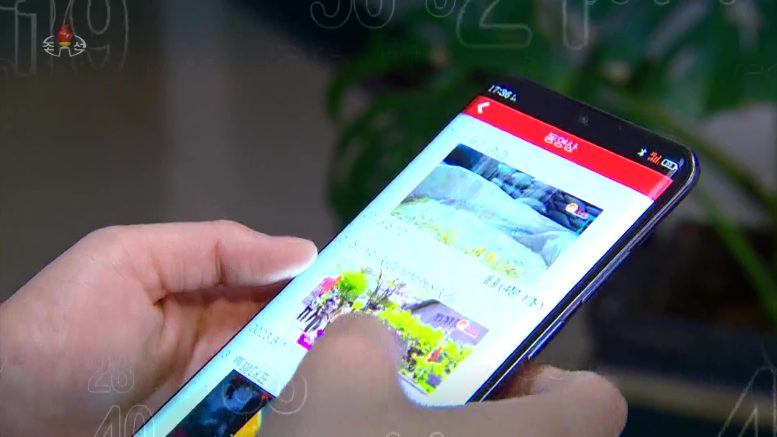A new report says smartphone users in North Korea were given until the end of 2023 to upgrade to a new version of the Android operating system or face confiscation of their phones. The report, published on Tuesday by Daily NK, quotes one of the publication’s sources in the country.
It says the new version of Android has taken away the ability to send photos and videos via text message and added additional security features.
Background
It’s only the second time since smartphones debuted around 2010 that North Korea is known to have issued a forced update for all users. The last time was around 10 years ago when the state added a digital certificate system.
That system required all external media files and applications to be signed with a digital certificate issued by the state, otherwise the file would be automatically deleted from the phone. It made it impossible to view or play anything on smartphones that wasn’t explicitly approved by the state and has been extremely effective.
Today, despite around 7 million smartphones in use in North Korea, they are all useless for consumption of illicit foreign media like South Korean TV dramas and Hollywood movies.
But the system didn’t prove to be 100 percent secure.
Hacking
Around 2018, North Korean software engineers figured out a way to bypass the system using a “rooting” application. The software allowed technically savvy users to get into their phones before the security software had a chance to start and then disable it.
I interviewed two such engineers and detailed their experience in the “Project Reveal” report I wrote two years ago.
The state’s response to this hacking was to initially disable the USB data connection on smartphones so that the “rooting” method could not be used.
After that, in late 2020, the state approved a new law targeting the consumption of foreign information that specifically outlawed the use of “rooting” apps and other software to bypass the security on phones. The Reactionary Ideology and Culture Rejection Law offers a penalty of at least three months of reform through labor for installing a “mobile phone manipulation program.”
New Operating System
Now, it appears the state has figured out a final technical response to the hacking and is mandating the installation of a new version of Android on all phones.
The report said the new operating system doesn’t allow “lengthy” video to be sent by text message and features an improved digital certificate system that makes it “impossible for users to manipulate the operating system, install other systems, or view external [banned] information,” Daily NK said.
Additionally, the update also reportedly makes it possible for security officials to see “whether you’ve uploaded any content or used any programs banned by the state,” it said.
North Korean smartphones already included an application called “Trace Viewer” that took random screenshots and stored them in a database in the phone. Users couldn’t see the screenshots, only the times that they were taken, and were unable to delete them. They served as a constant threat to users that if they engaged in anything illicit on the phone, the screen might be captured at any moment.
In many interviews with North Koreans, I’ve never come across anyone who saw the Trace Viewer database accessed, but its mere existence is probably enough to deter most people.
Conclusion
While it’s not possible to independently verify the report, its introduction and the new features that further prevent hacking and the installation of unapproved content make sense and represent another step by the state in its efforts to prevent consumption of illicit media.
North Korean smartphones are already incredibly controlled. Users are unable to make or receive international phone calls or text messages, there is no ability to access the Internet, and unapproved apps and media cannot be loaded or played on devices. Phones also lack the ability to connect to anything but the two state-sanctioned cellular networks and a state-run Wi-Fi network.





